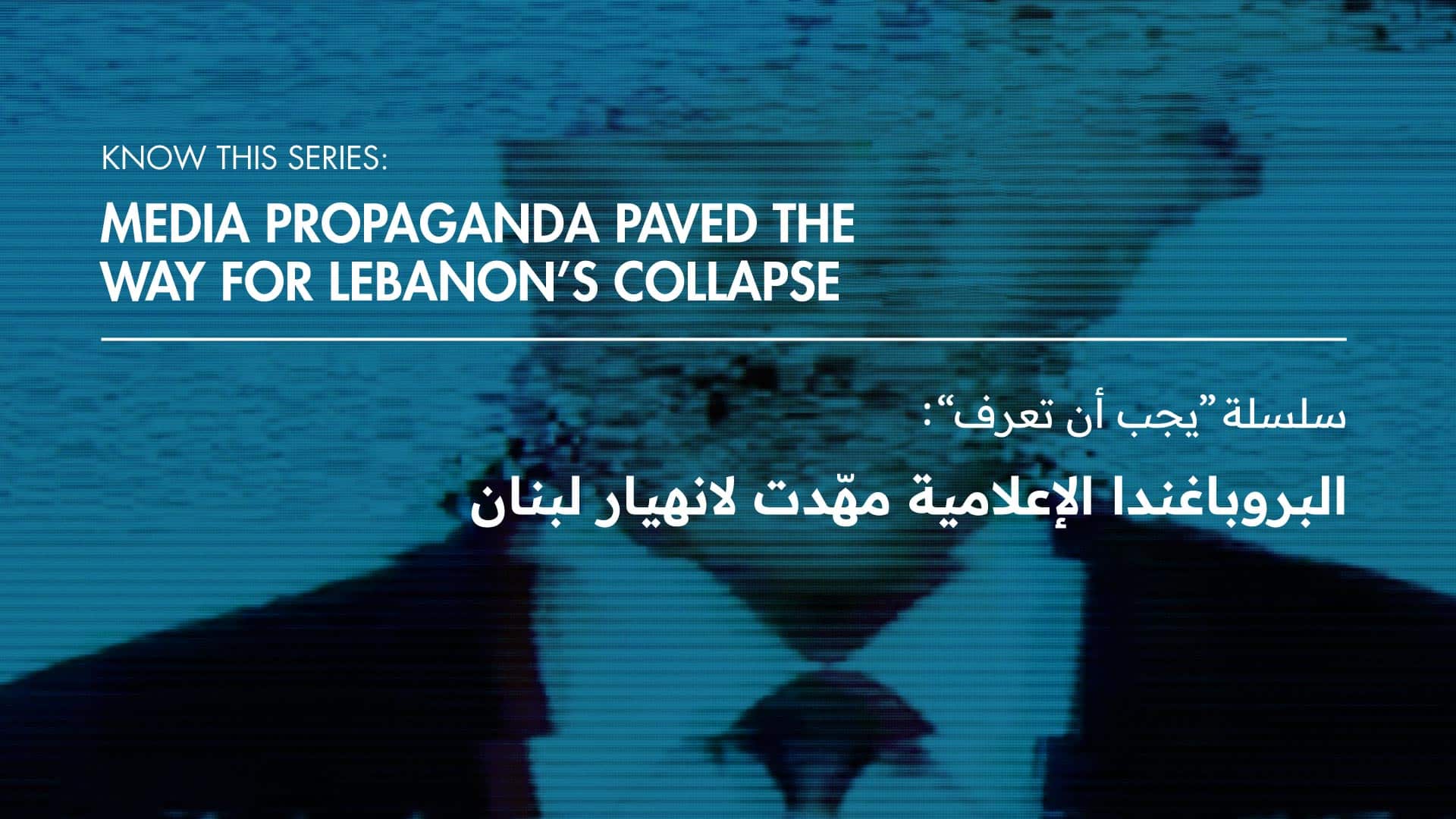
Articles tagged "Political reform"

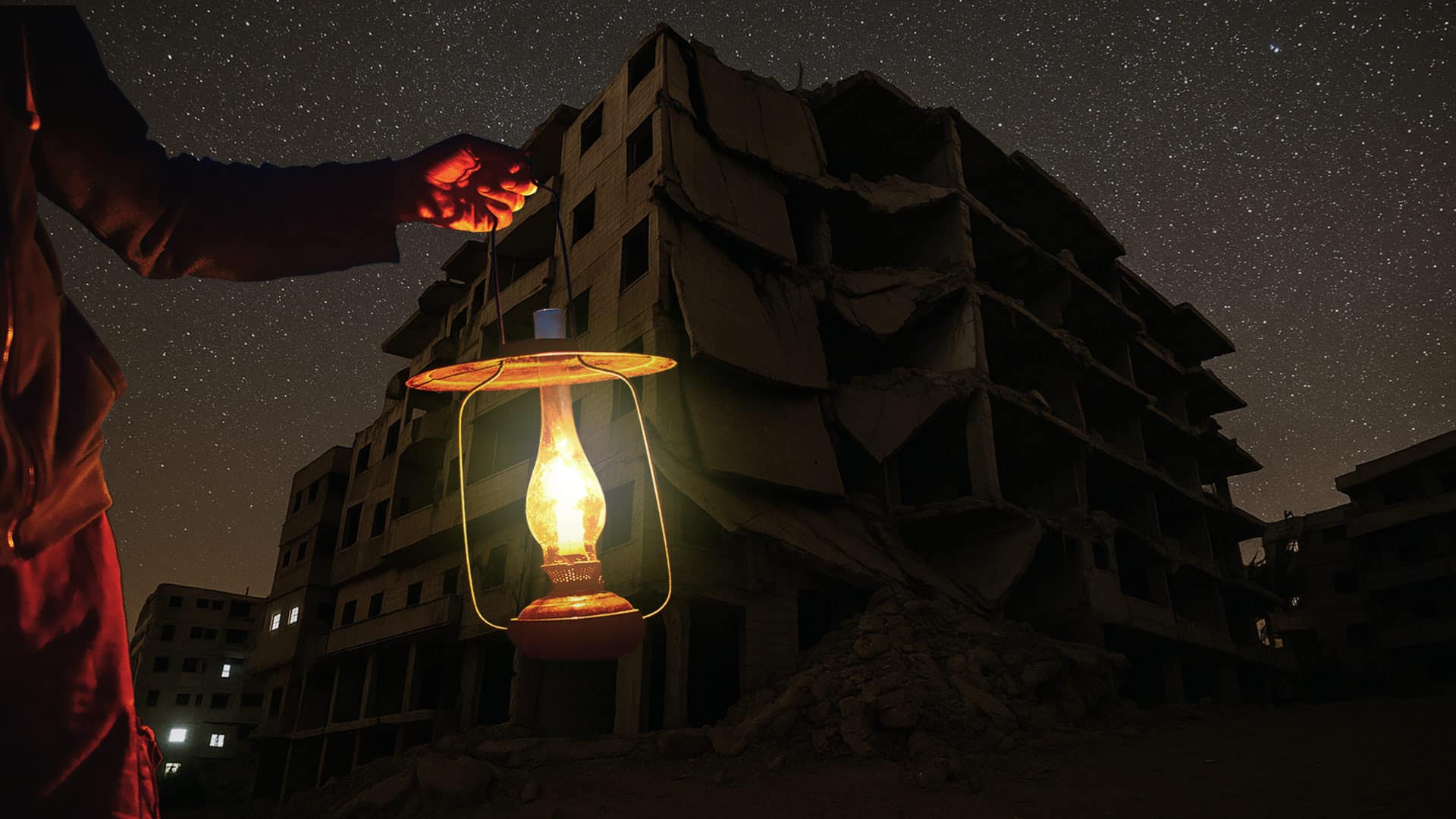
Rewired Influence: Syria’s Power Crisis Invites Geopolitical Tug-of-War
Damascus must choose between foreign dependency and energy sovereignty in redeveloping its energy sector
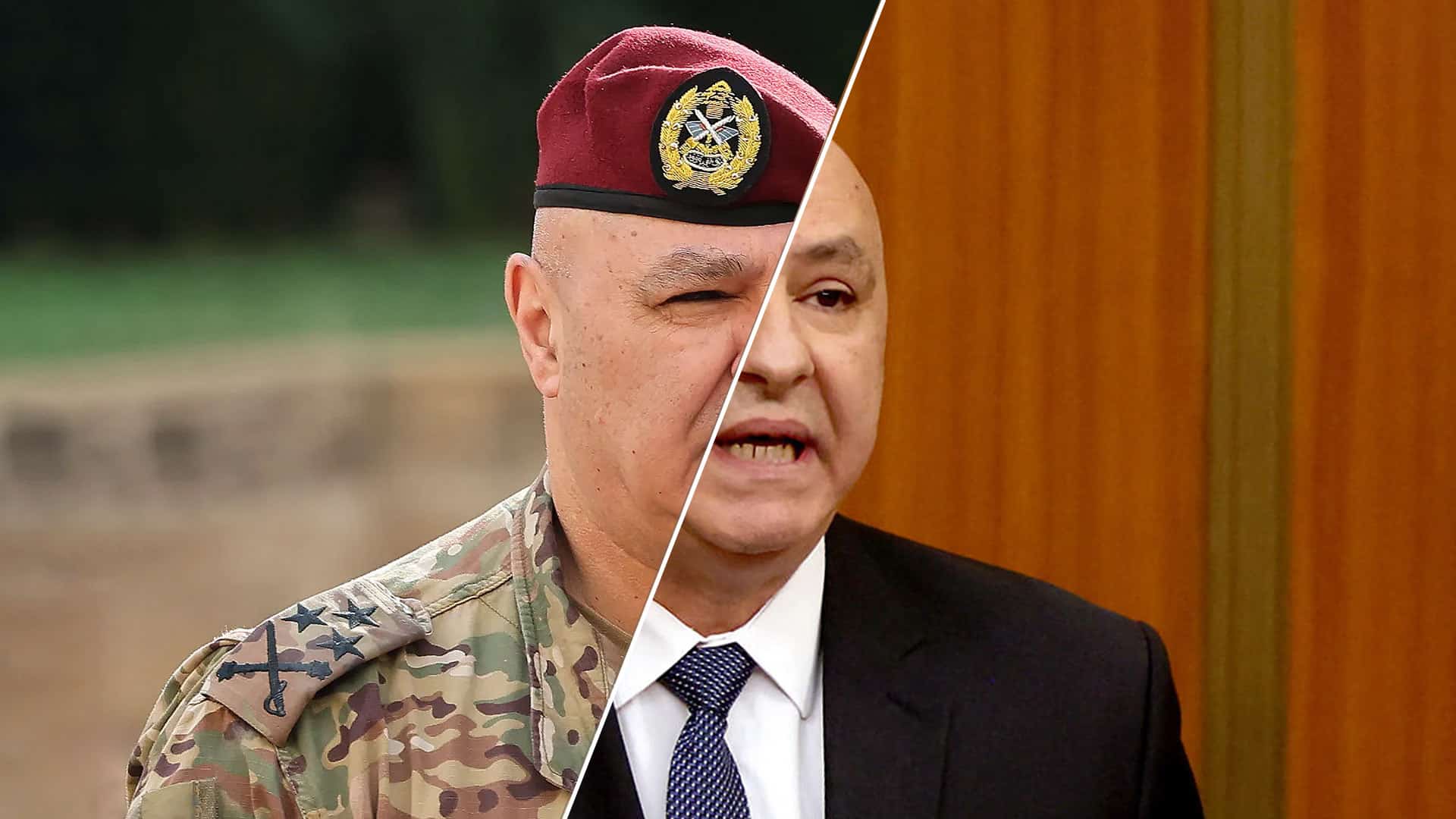
Bye Bye General, Hello Mr. President: Lebanon’s Fait Accompli Head of State
Lebanon’s new president inherits a broken system; his actions will dictate whether he is a reformer or ‘just another general’
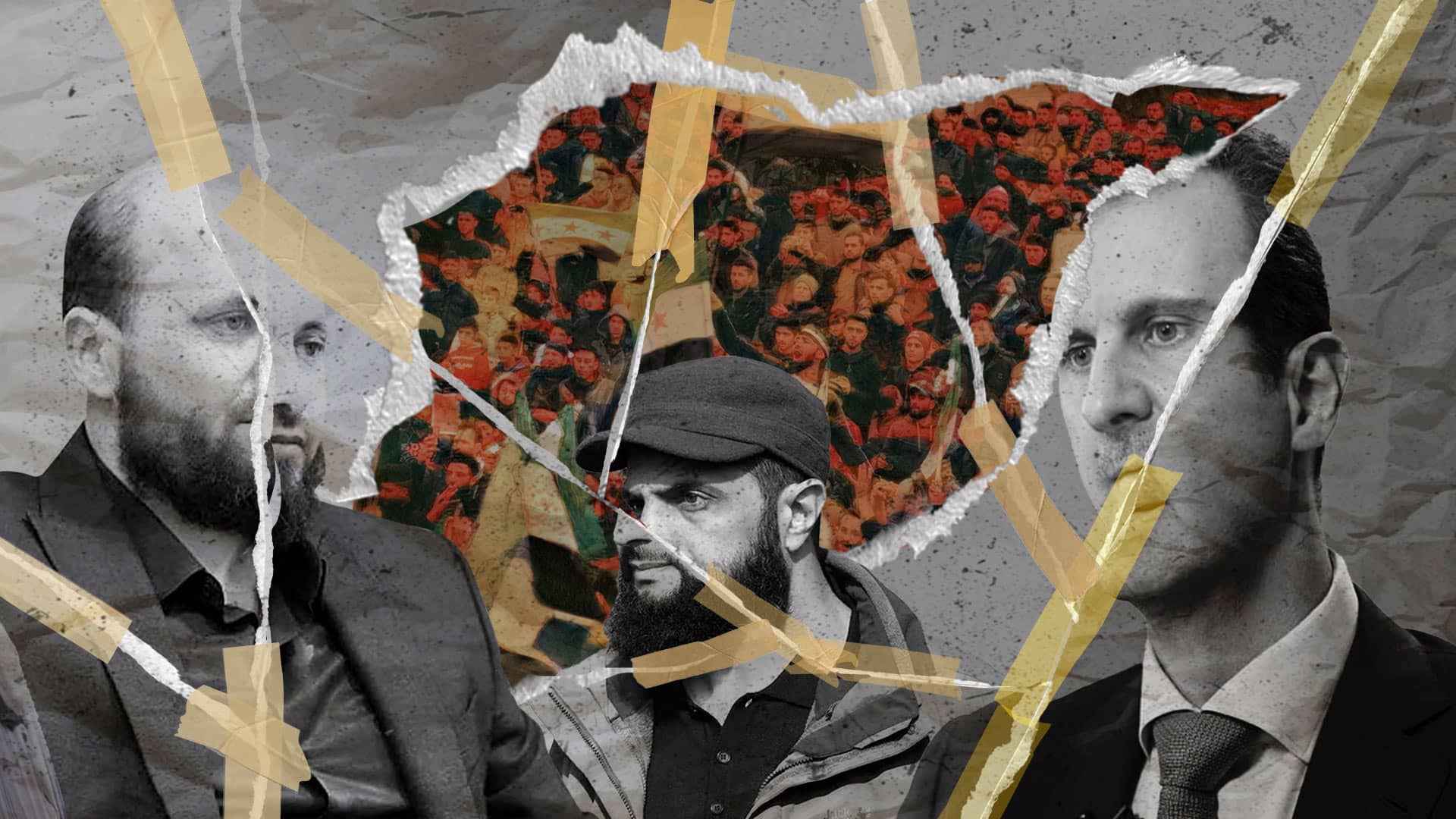
Echoes of Assad: Will the New Syria Escape the Authoritarianism of the Old?
The authorities now controlling Damascus have been sending mixed signals about the future direction of Syria
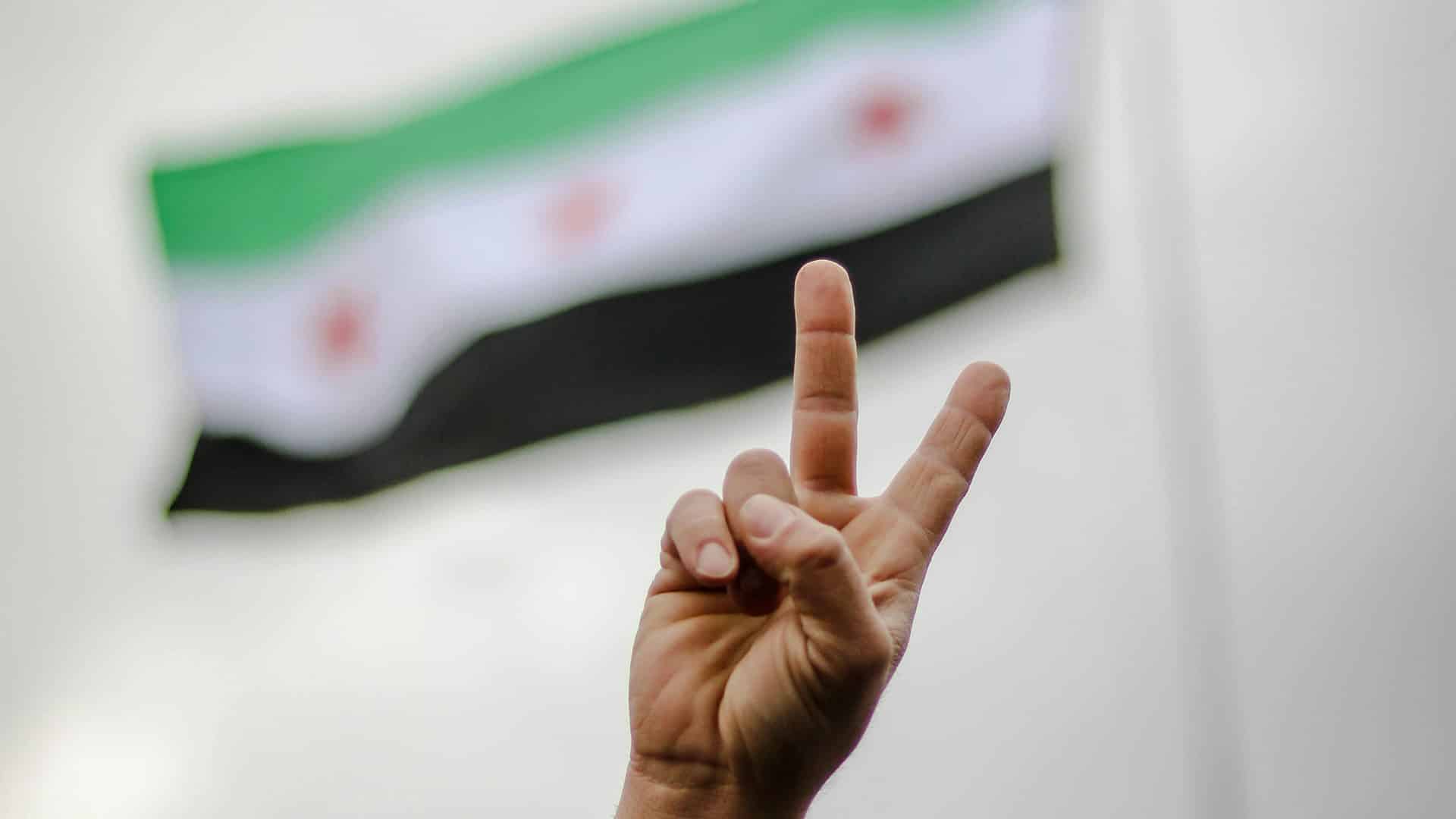
The Hard Truth About Syria: No Clean Hands, No Easy Solutions
The Assad regime and global powers have broken Syria—only a new consensus can repair it
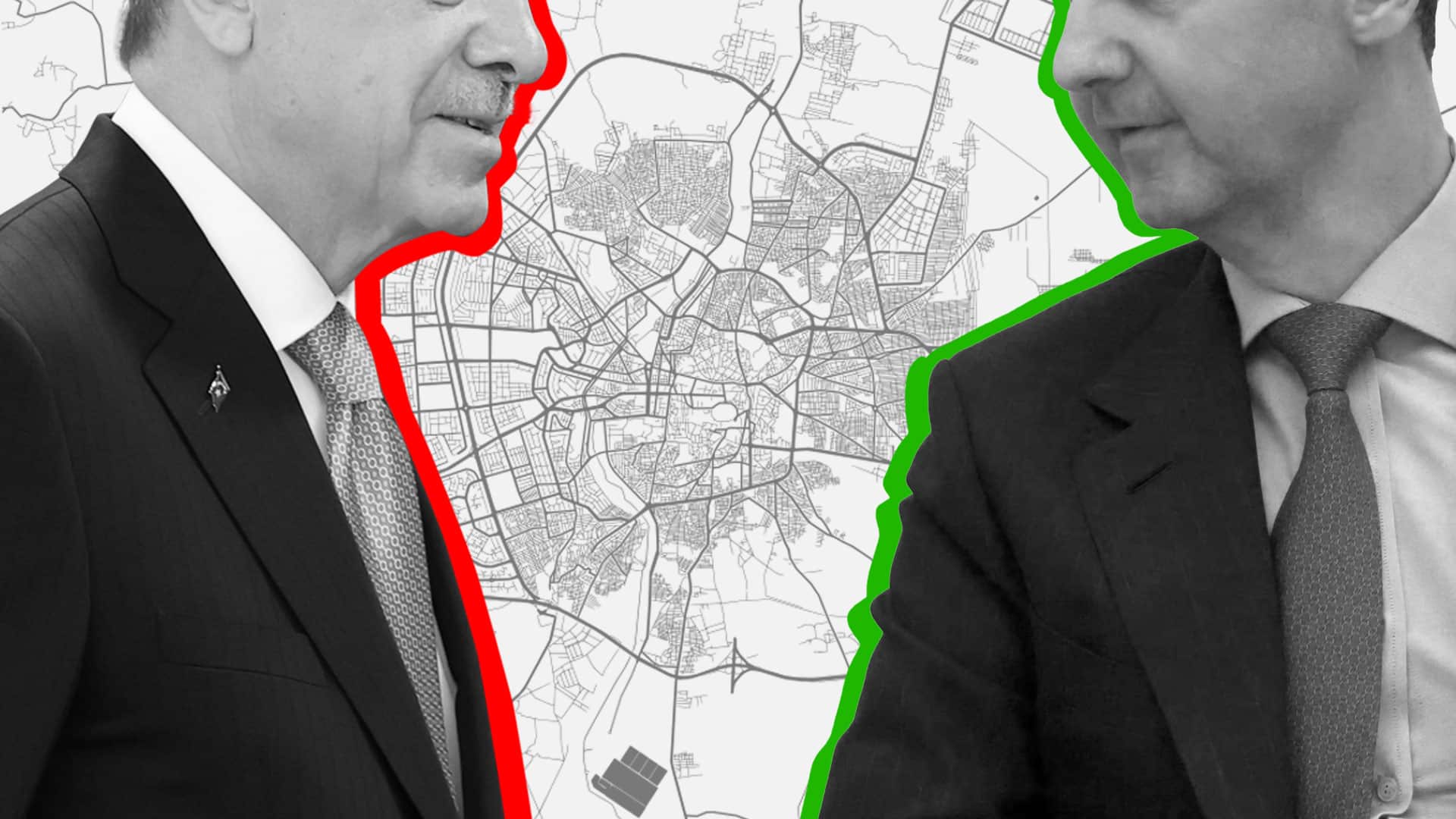
Rebel Roulette: Turkey’s Big Gamble on Syrian Opposition Offensive
Erdoğan turns the tables on Assad after years of frustration
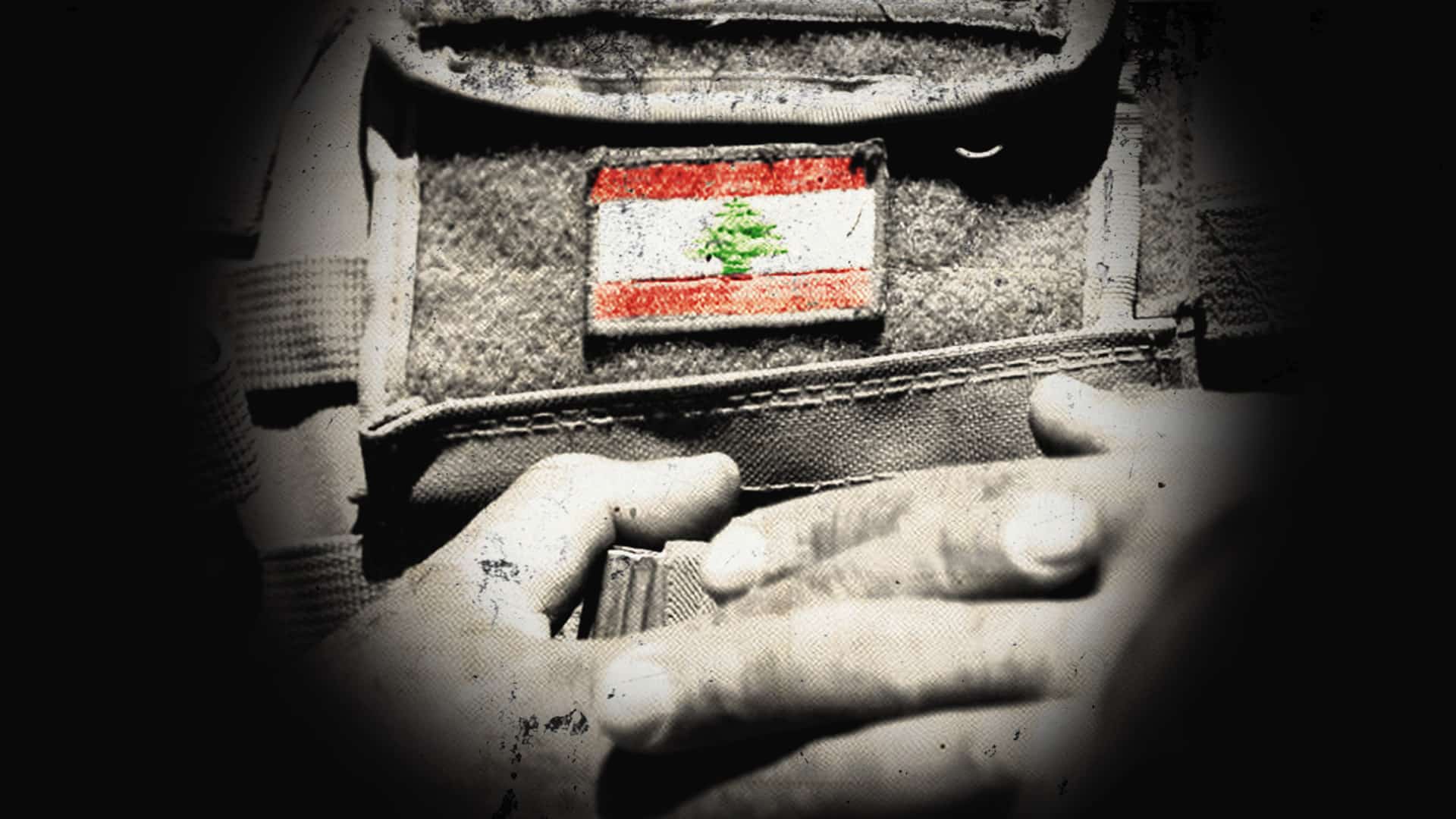
Lebanon at a Crossroads: How Resolution 1701 and a New Deterrence Could Prevent a Long War
For a ceasefire to happen, Hezbollah, the US and Israel need to return to Resolution 1701
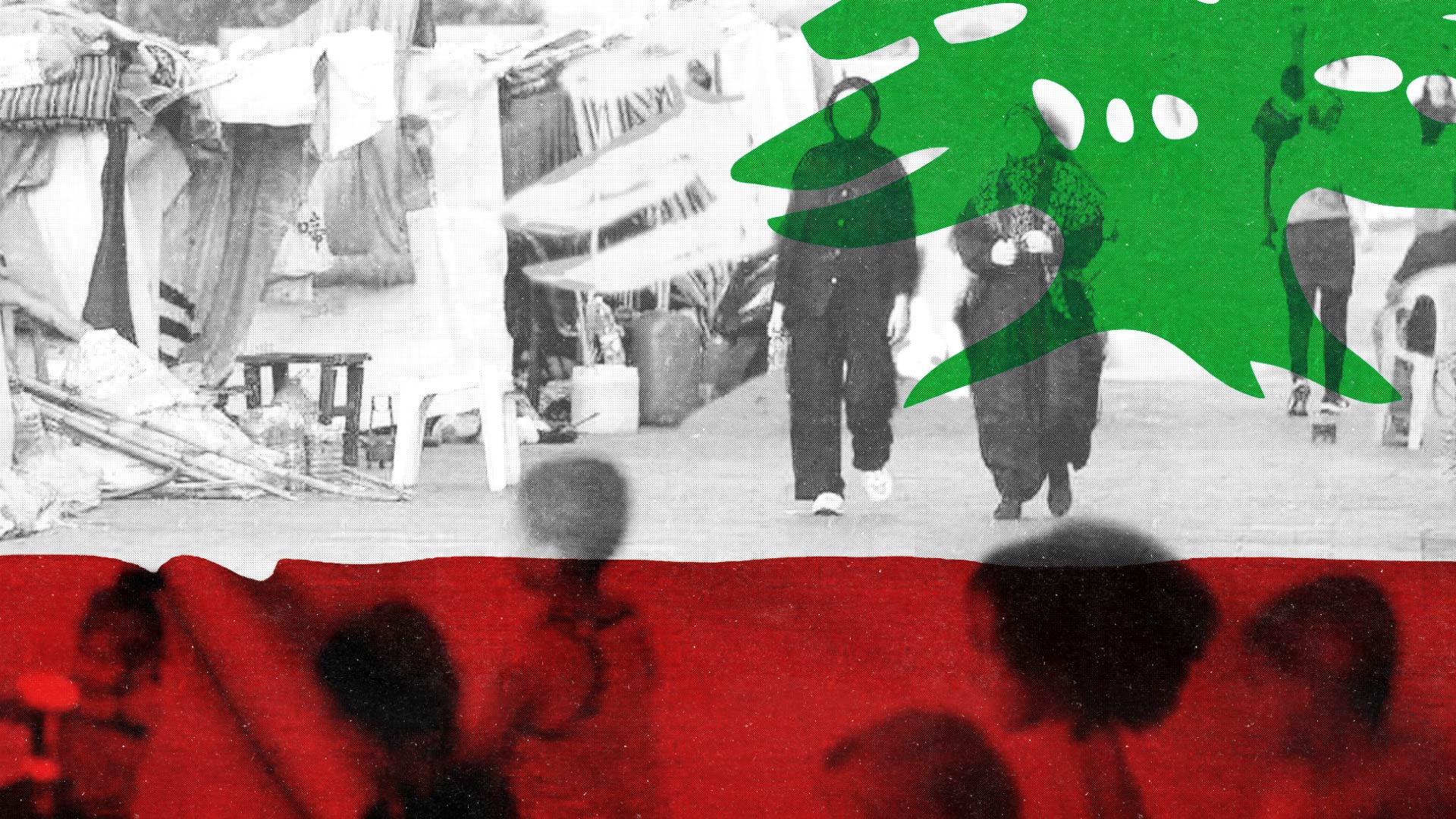
Bubbling Under the Bombs: Left Unchecked, Displacement Fears Risk Reopening Lebanon’s Civil War Wounds
Fear and government inaction are driving a displacement crisis that risks civil strife in Lebanon

Destined for Disaster: How Hubris Invaded South Lebanon
Alternatives to US, Israeli fool’s goal of severing Hezbollah from Lebanon

Arab Diplomacy Unmasked: Behind the Veil of Unity on Gaza
Arab states’ public support for Gaza contrasts with their strategic ties with Israel, revealing a gap between rhetoric and realpolitik.
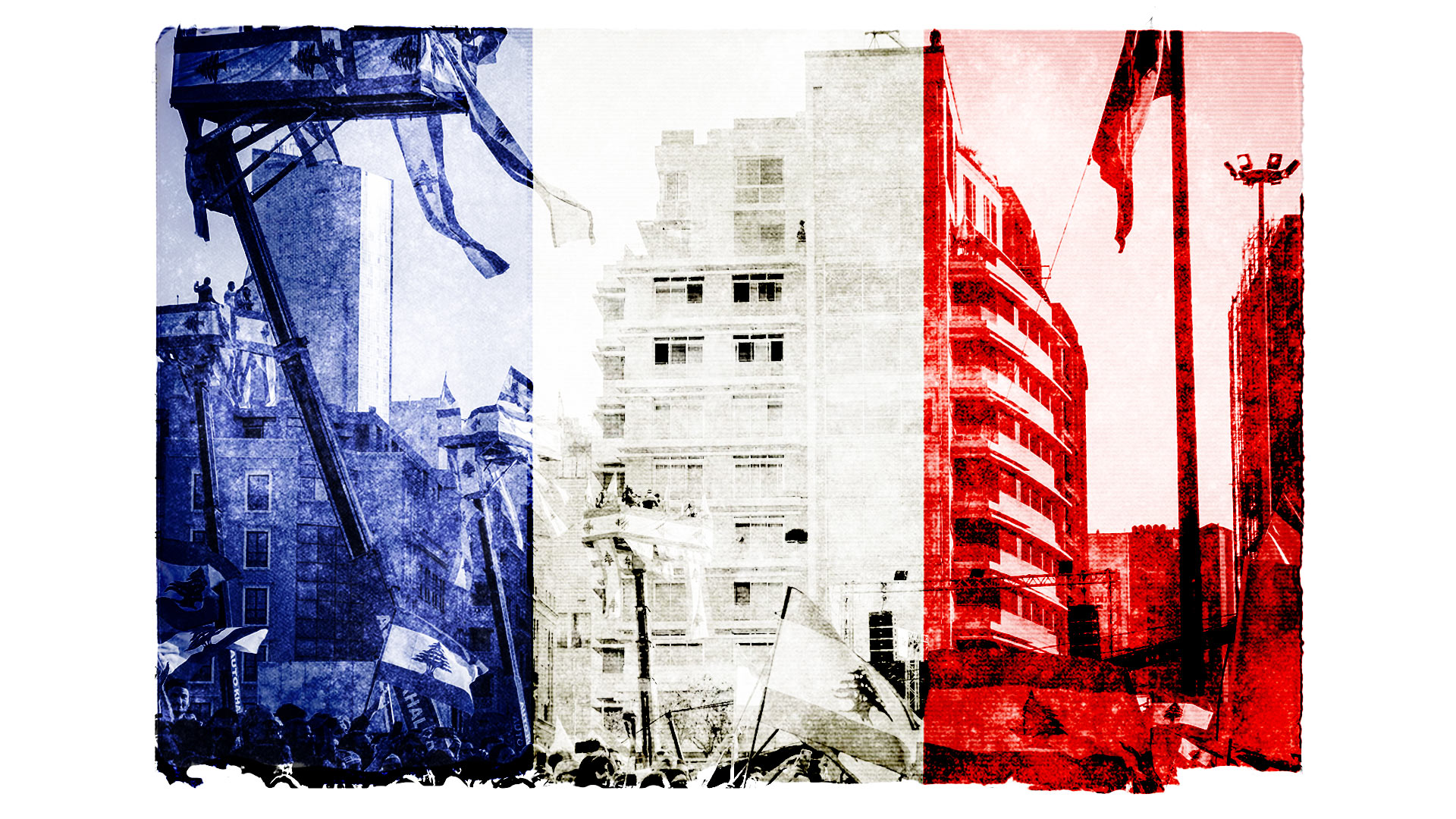
Independence Day: Time to End France’s Protection of Lebanon’s Elite
On the 80th anniversary of Lebanon’s independence, Paris must end its foreign policy of cultivating Lebanese political factionalism.

Public Disservice: Reforming Lebanon’s Regressive State Institutions
How politicians corrupted the civil service, and why now is the time for change.
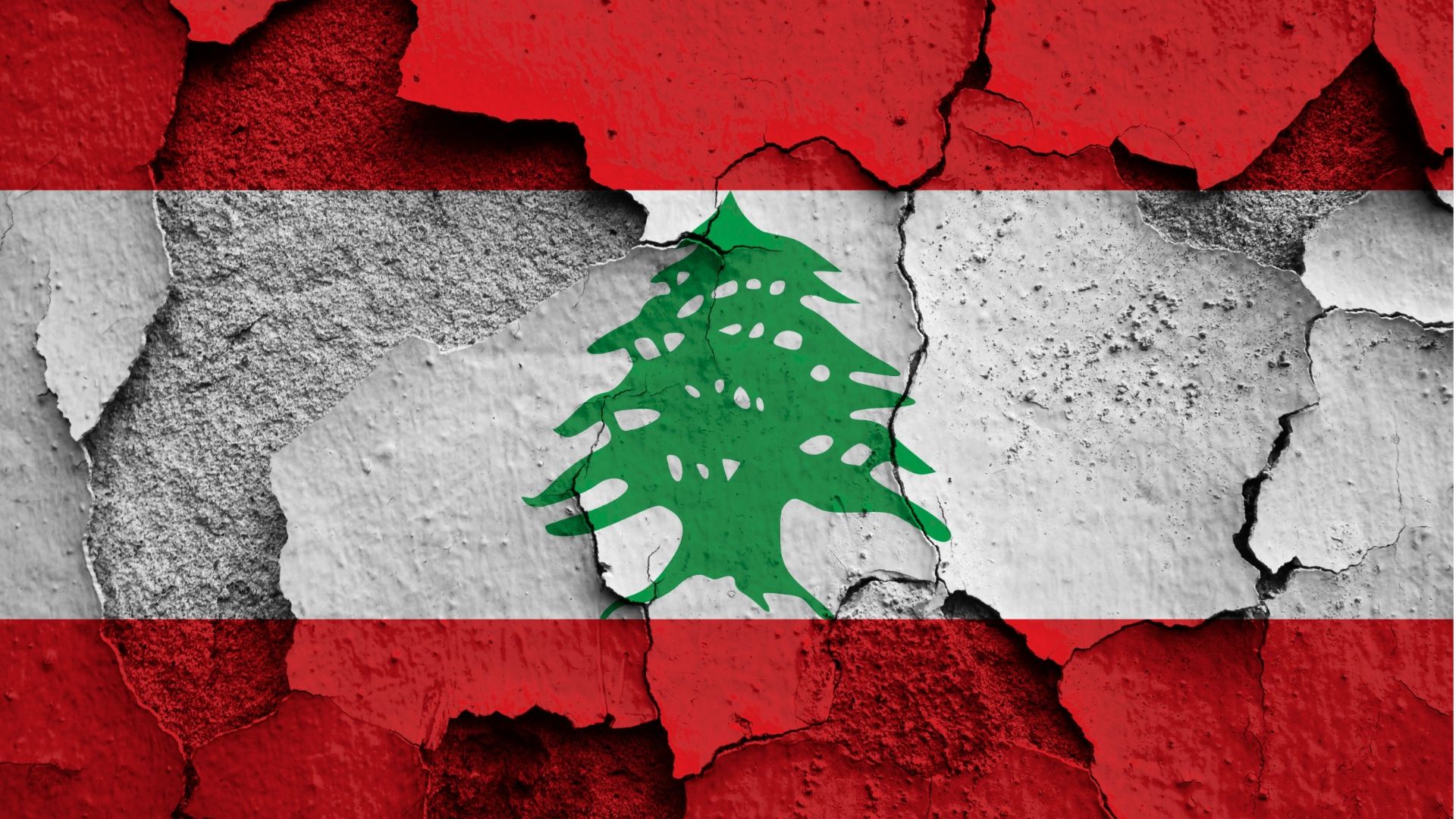
Spoiled Ballot: Elections Uncertain as Municipalities’ Mandates Set to End
Why Lebanon needs to hold local polls in May.
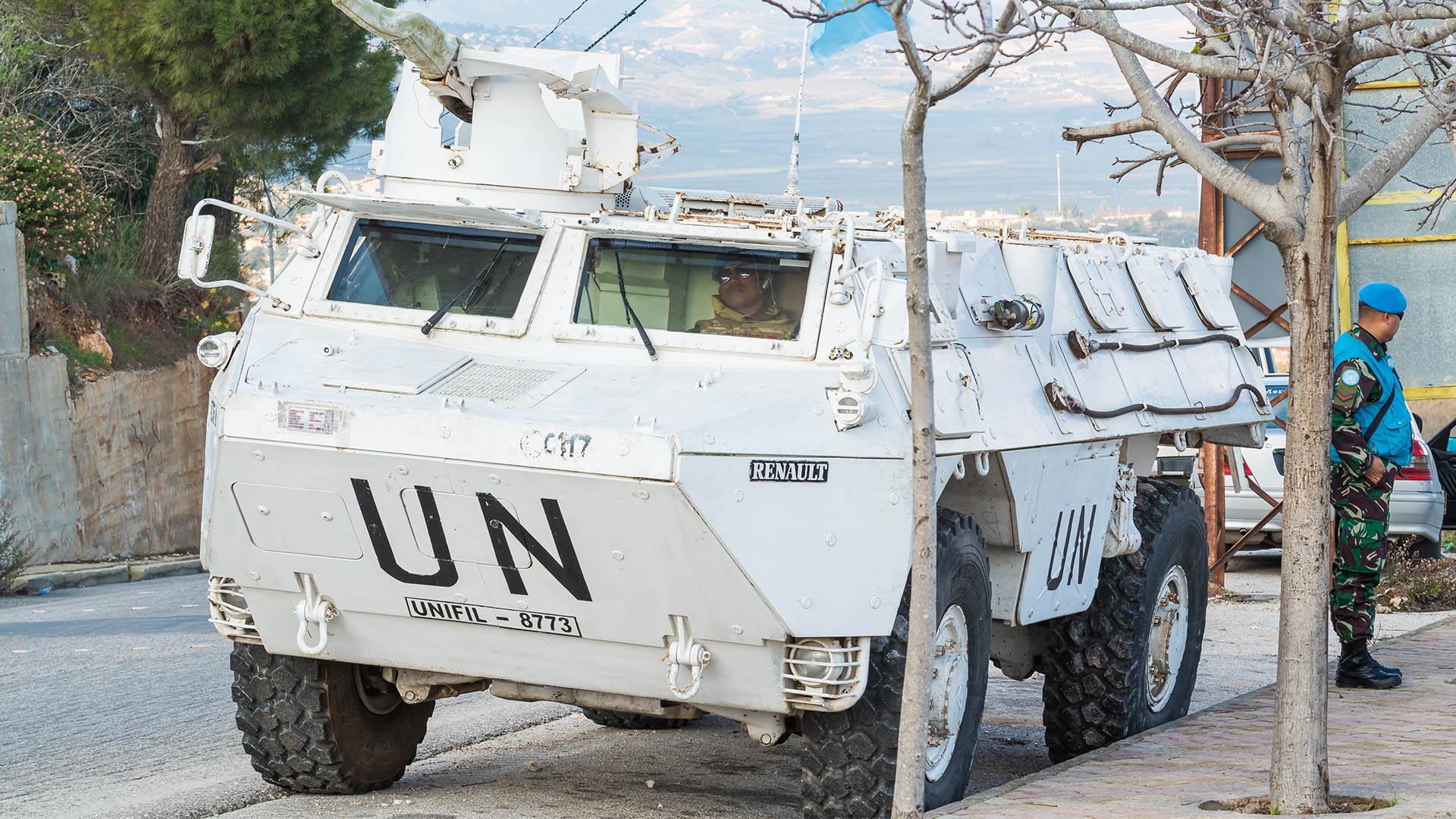
Eternal Compromise: The Ambiguities of UNIFIL in Lebanon
Peacekeeping mission reading between the lines to keep the peace
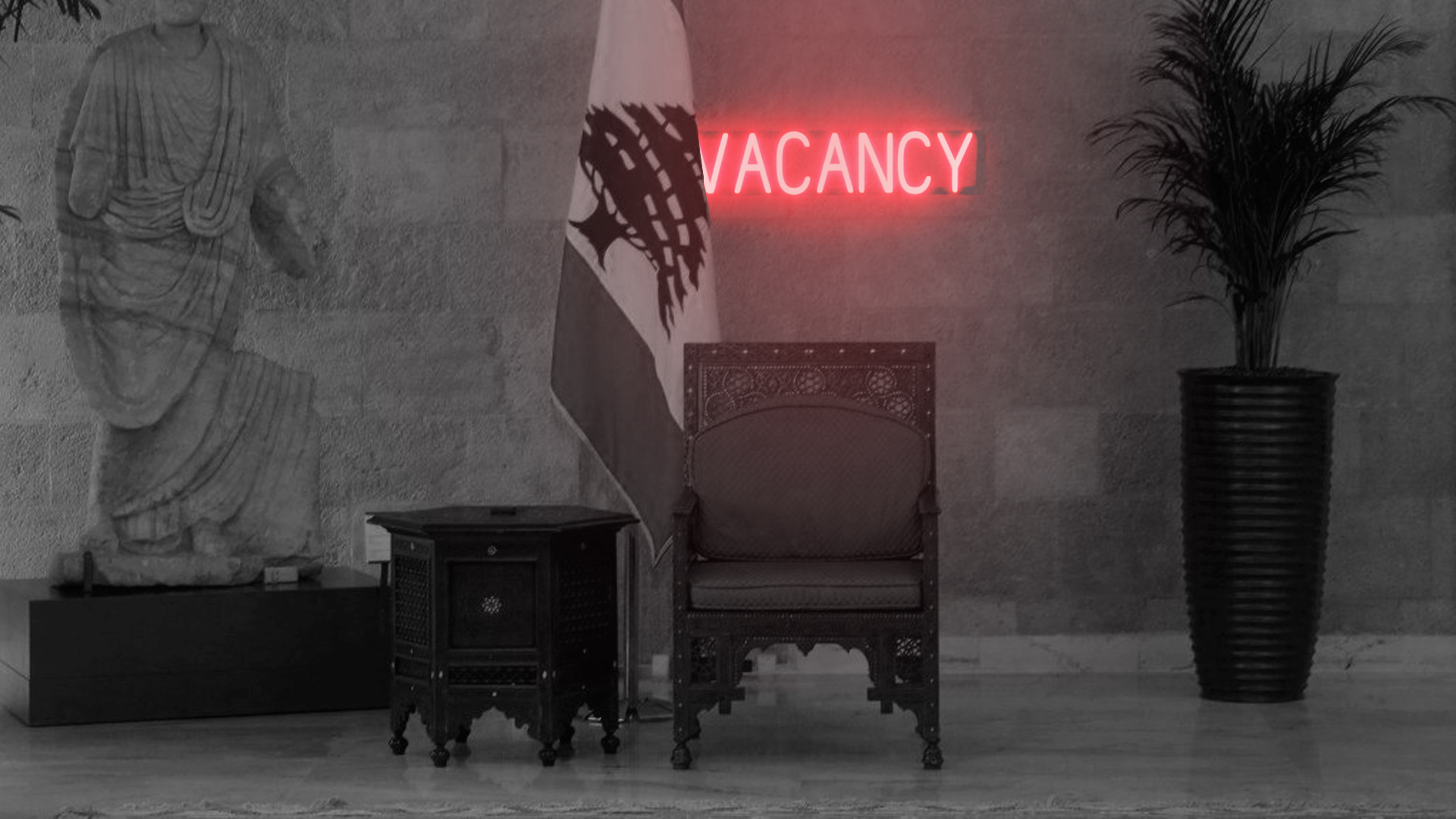
Constitutional Mayhem: No Government, No President
Lebanon is poised for executive-level disarray ahead of a presidential vacuum and caretaker cabinet.

Controlled Chaos: Analyzing Lebanon’s Capital Control Policy
Analyzing Lebanon’s capital control laws, highlighting issues like illegitimate withholding of funds, conflicts of interest in regulatory bodies, depositor discrimination, and the need for stringent, fair amendments.
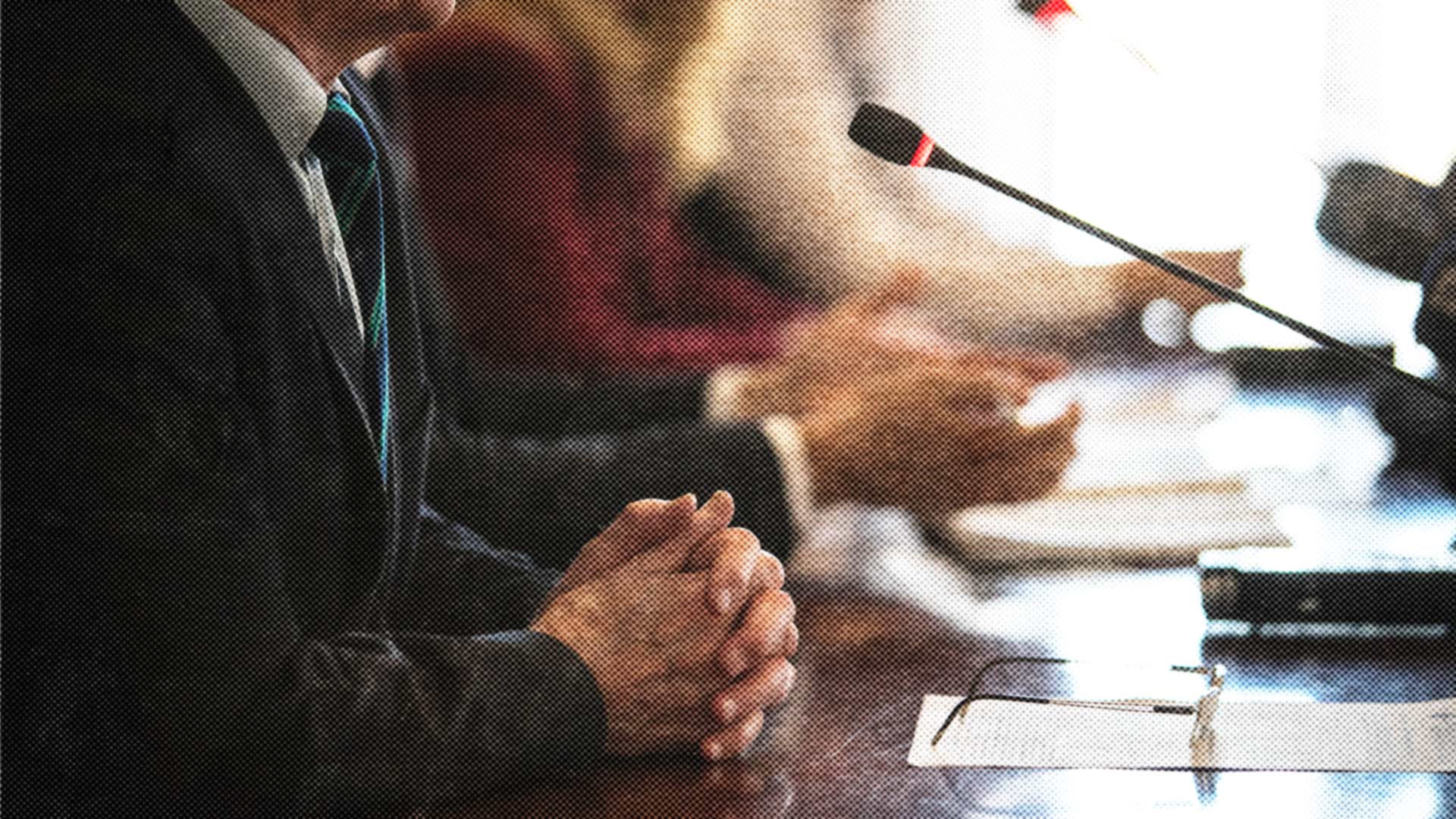
Comic Book Court: Lebanon’s Supreme Council is a well-practiced exercise in futility
Legal loopholes and self-interested gatekeepers will likely prevent justice from running its course
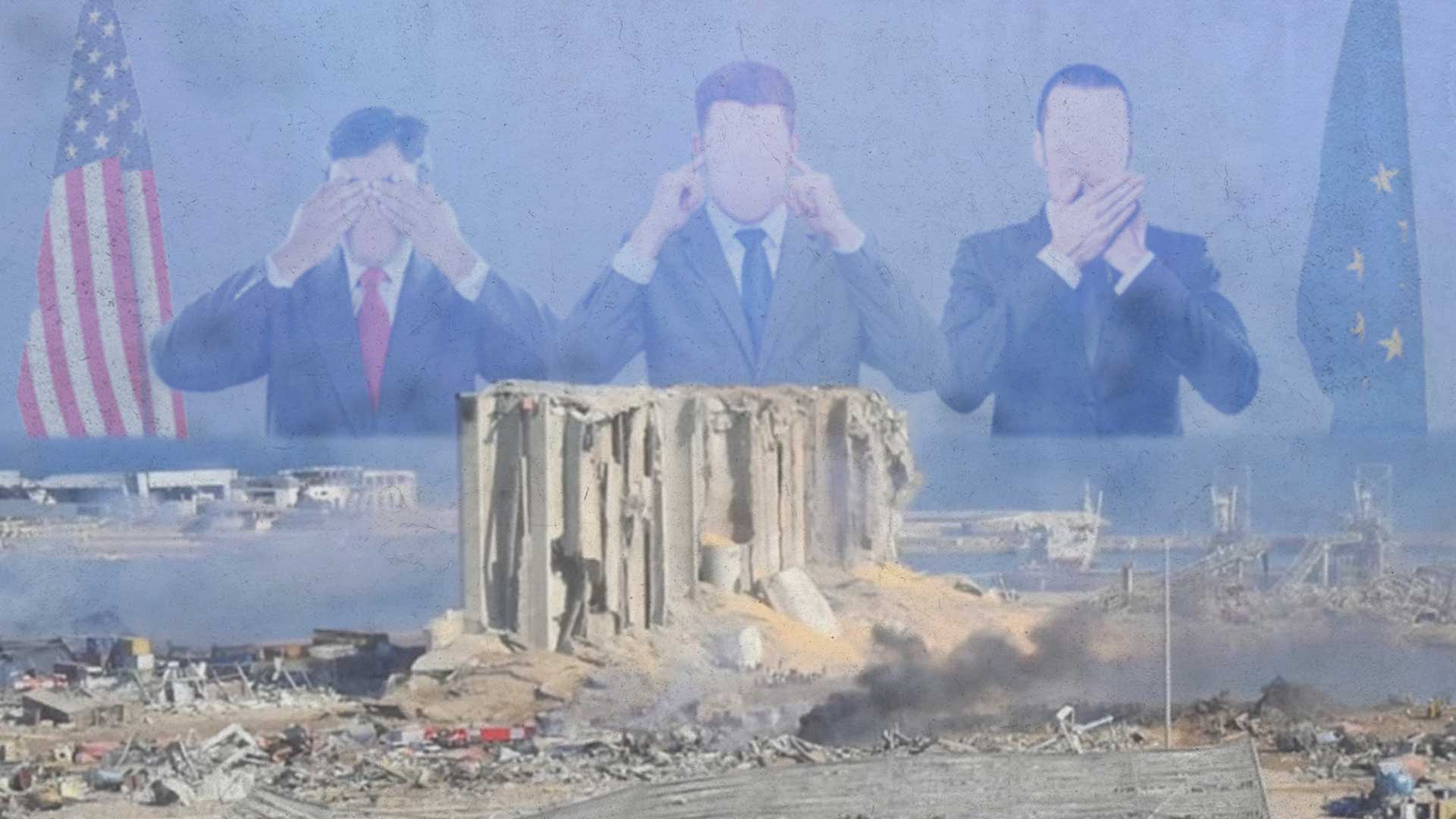
Crumbling Hopes For Justice: As Beirut’s silos fall the international community stands still
Accountability For The Beirut Blast Is A Necessary Step Towards Closing Lebanon’s Open Wounds

Morally Bankrupt: The legal solution to the banking crisis no one is talking about
Lebanese banks are avoiding the legal implications of declaring bankruptcy.

The First 100 Days: A plan of action for Lebanon’s opposition MP’s first months in office
As a minority, opposition MPs must take a strategic approach to cement their legitimacy and start to make real change in the country.

Open Secret: Lebanon moves to replace archaic banking secrecy, at first glance
While a step in the right direction, Lebanon’s draft banking secrecy law remains riddled with loopholes and avenues for abuse of power.

It’s a Trap: Don’t vote blank
How blank votes help the traditional political class win seats

Path Dependence: Why voters turn to traditional parties over independents In Lebanon’s election
A new nationally representative study on voter intentions reveals hope for independents, while showing traditional parties maintain their voter base through tradition, identity politics, and political clientelism.
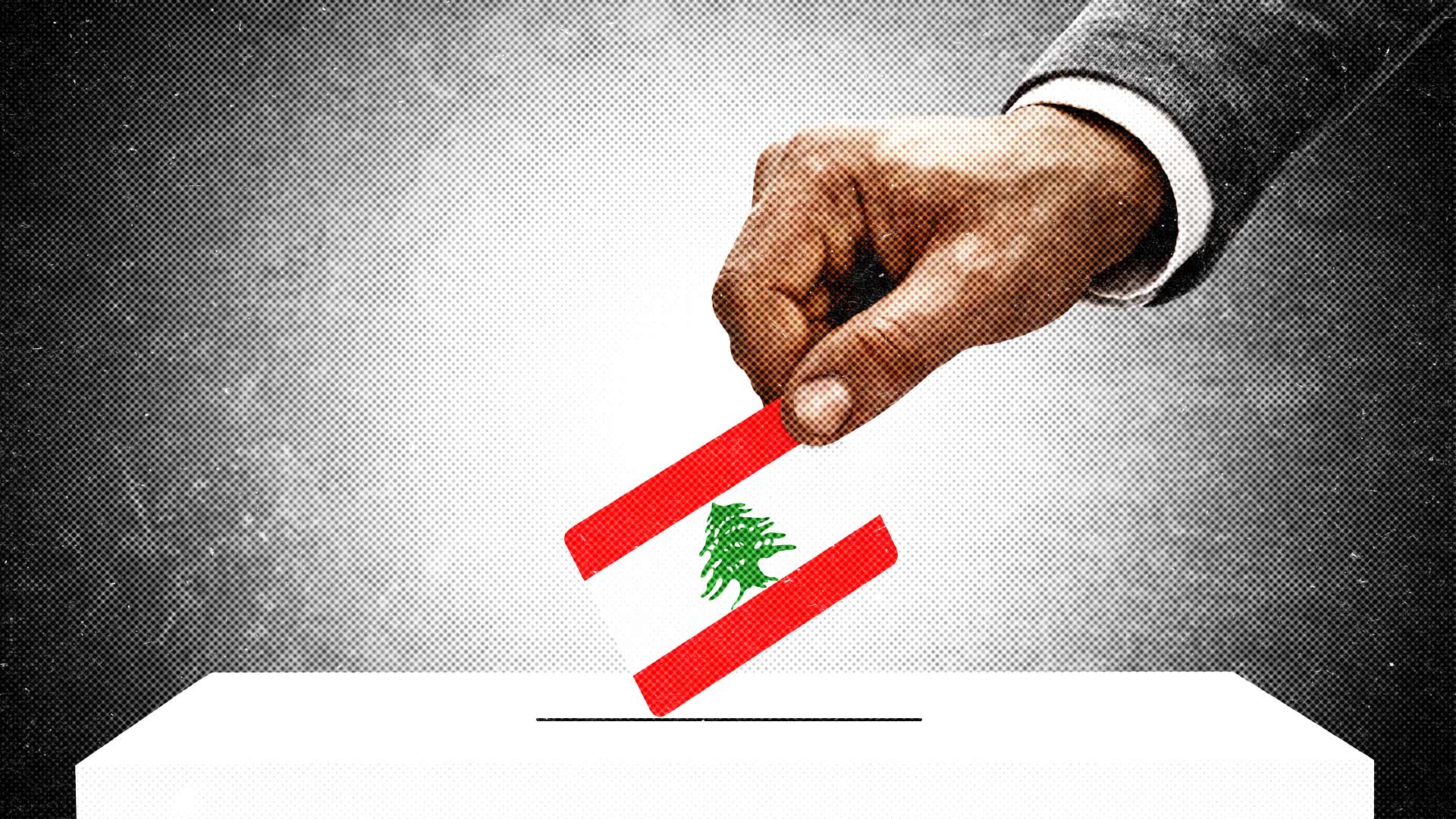
Getting Serious: Could EU sanctions force fair elections in Lebanon?
The European Union has positioned itself as lead guarantor for Lebanon’s parliamentary elections, with sanctions and observers in place. But history suggests that dirty electoral tricks will go unpunished.
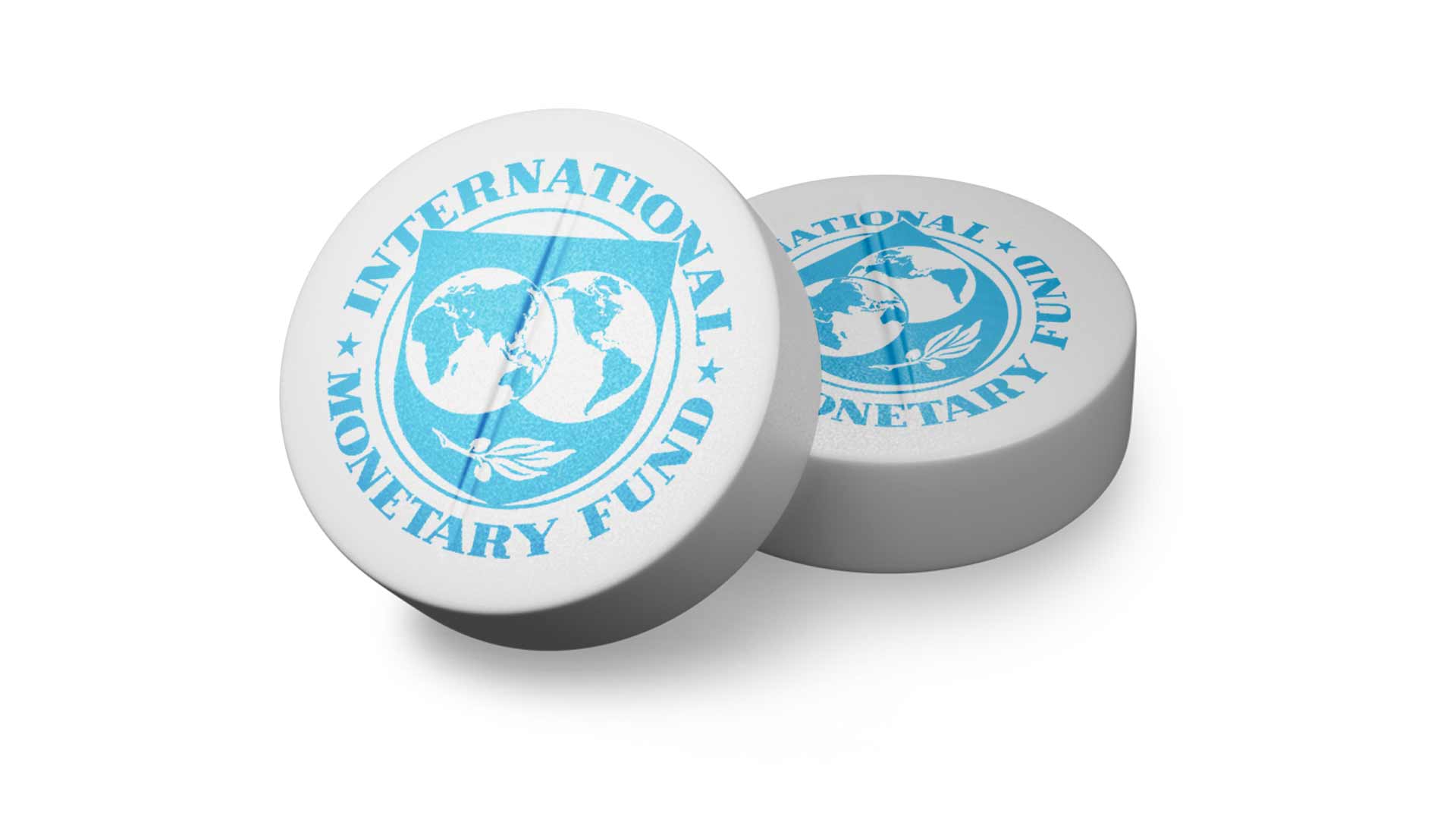
Vague Intentions: IMF ‘deal’ skirts accountability for Lebanon’s elites
Without details, the IMF’s conditional staff-level agreement does more to entrench political and banking elites than to resolve Lebanon’s financial disaster.

Excuses, Excuses: Lebanon’s political class looking for a reason to postpone elections
Elections in Lebanon are currently set for 15 May, but throughout March the ruling political class has alluded to conditions that would buy them time to avoid holding the elections as scheduled.